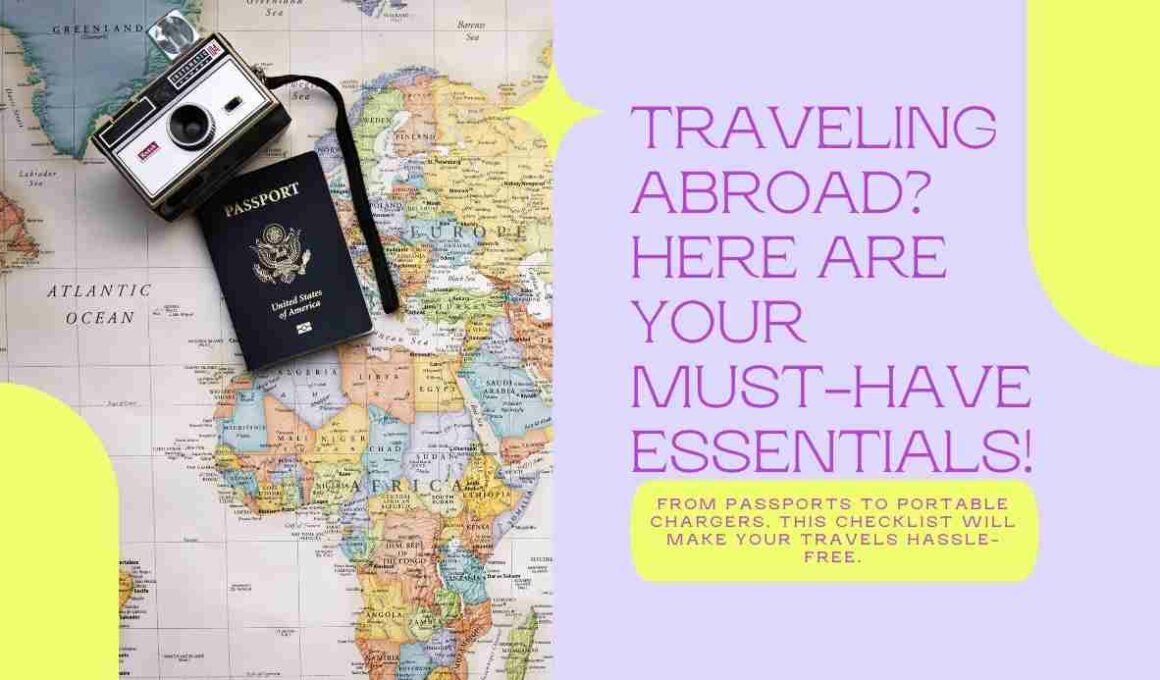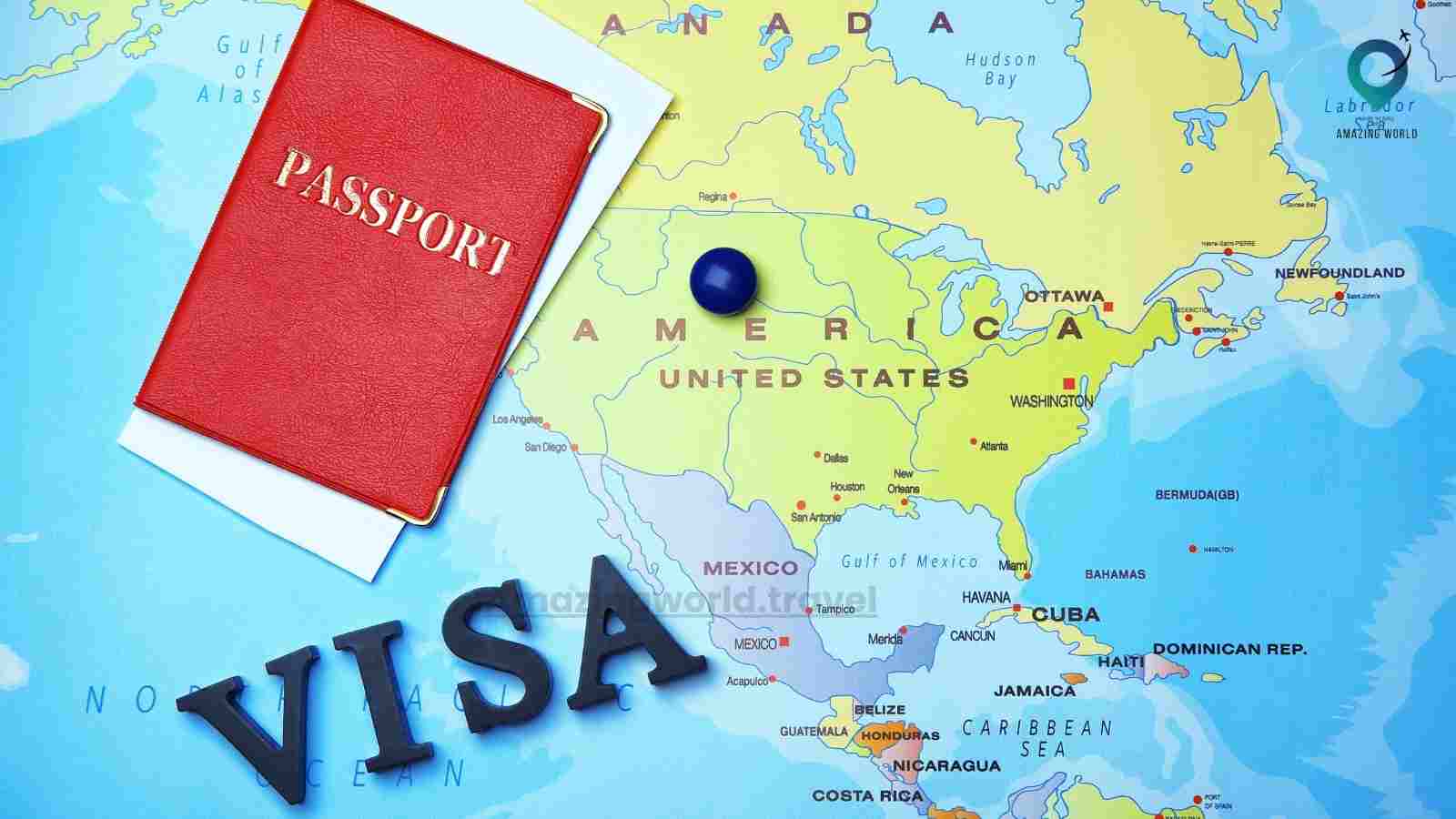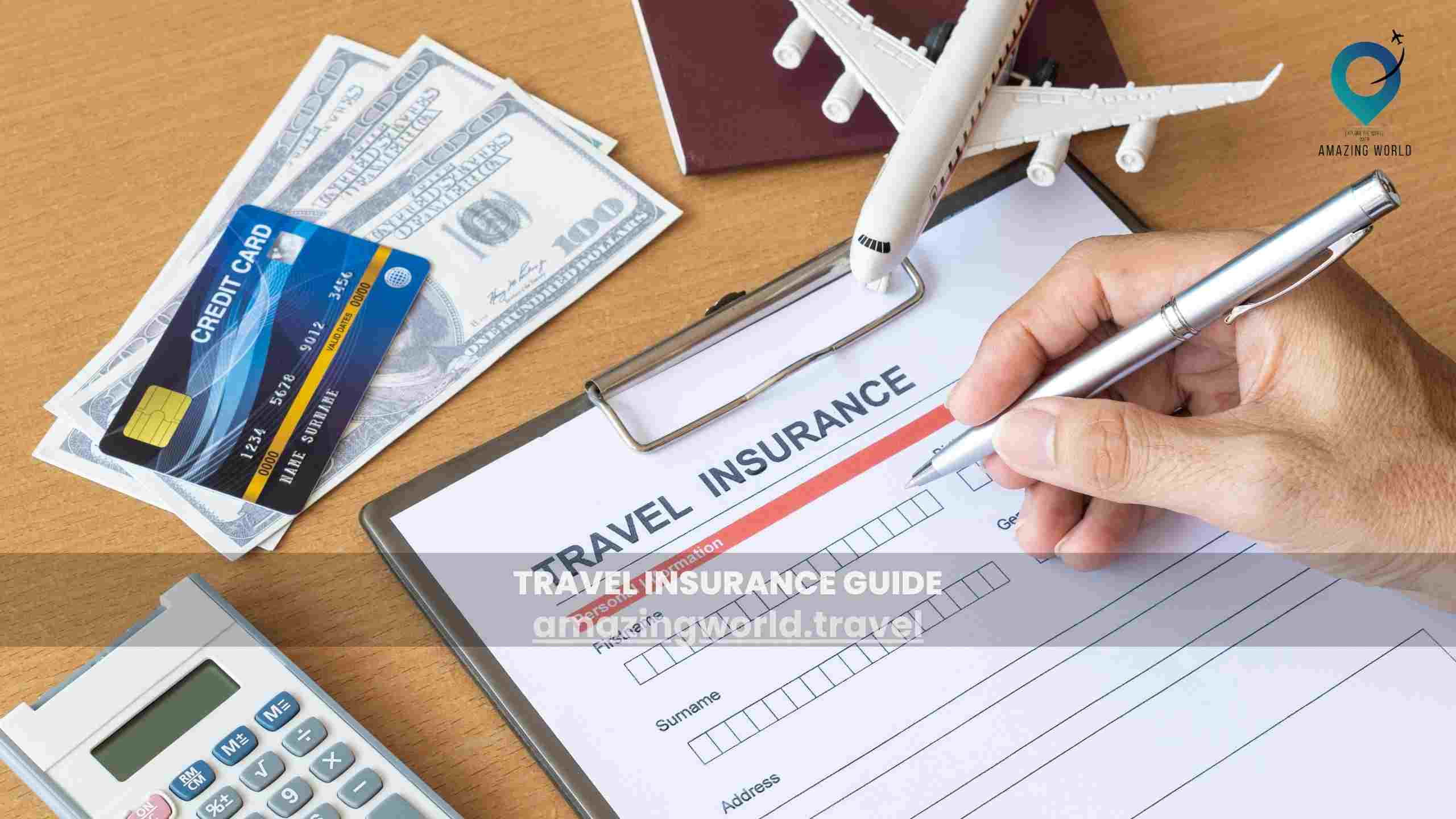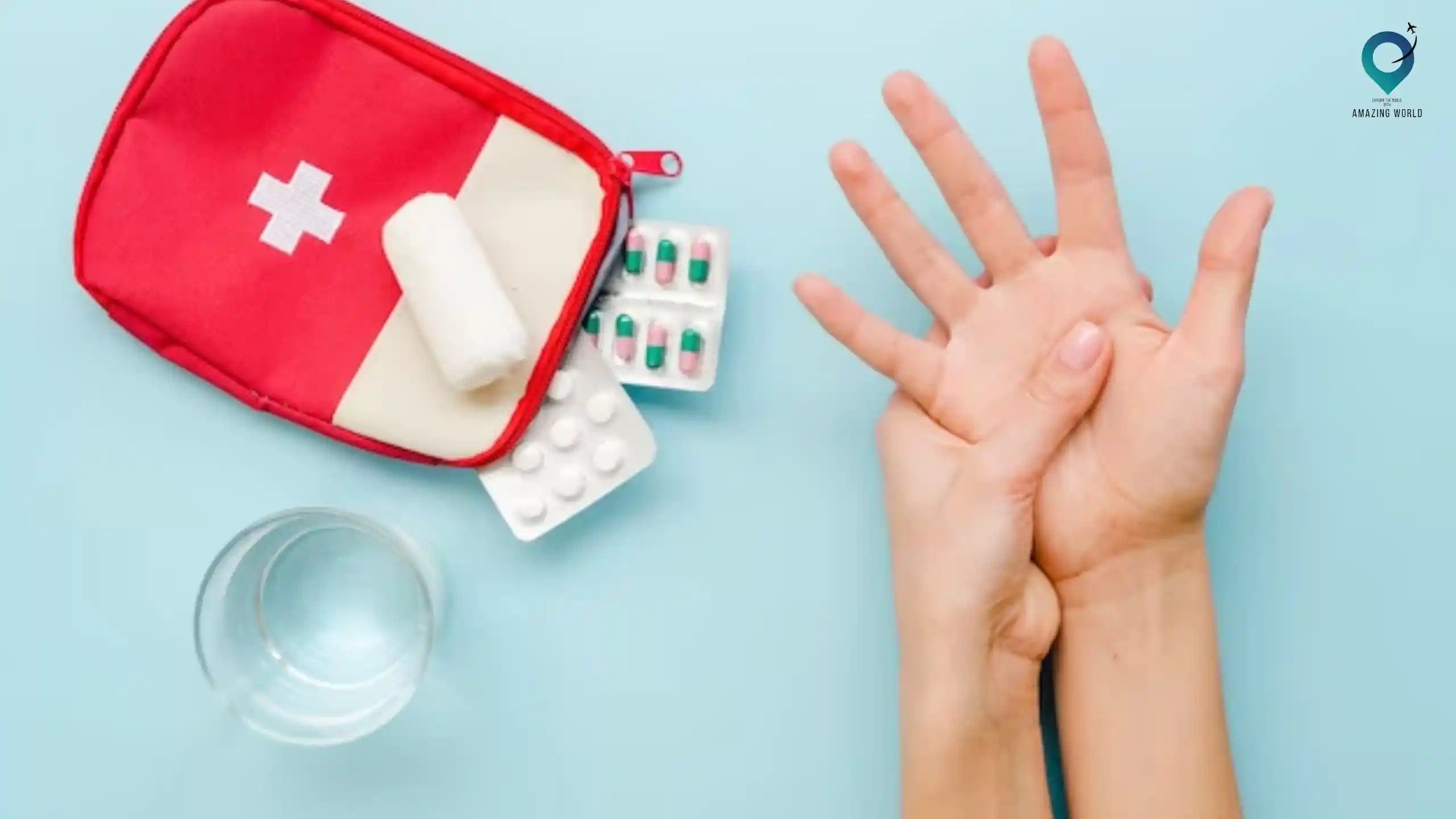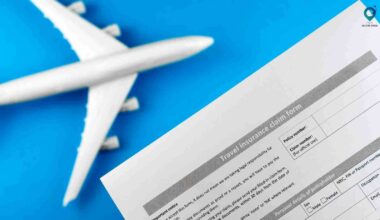What are the Essential Items When Traveling Abroad?
Are you embarking on an international adventure soon? Planning your overseas trip involves more than just picking a destination. It’s about ensuring you have the essentials that pave the way for a smooth and enjoyable journey.
From securing vital travel documents to packing health essentials and managing money matters, the preparation stage is crucial.
Let’s dive into the essential items you can’t afford to miss when traveling abroad. Whether it’s your first venture beyond borders or a seasoned globetrotter’s expedition, these fundamental items lay the groundwork for an unforgettable travel experience.
“If you are looking for the best hotel and flight deals for your next vacation, then we recommend booking your bundled flight and hotel through hotwire.com.“
1. Travel Documents
– Passport
A passport is your golden ticket for international travel, serving as an official identification document recognized worldwide. It verifies your identity and nationality, essential for crossing borders and entering foreign countries. Here’s a detailed insight into why a passport is a fundamental travel document:
A valid passport is crucial: Ensure your passport remains valid for at least six months beyond your intended return date. Many countries enforce this rule as a precautionary measure, denying entry if your passport’s validity doesn’t meet their requirements.
Copies for backup: Create multiple copies of your passport’s main page. Store them separately from your actual passport, safeguarding against theft or loss. Additionally, consider storing electronic copies in your email or cloud storage for easy access from anywhere.
Renewal considerations: If your passport is close to expiration, it’s wise to renew it before your trip. Some countries might require a specific period of validity on your passport to grant entry, so it’s better to be safe than sorry.
Visa
Obtaining the necessary visa is imperative for entry into many countries. A visa is a stamp or document permitting travelers to visit, stay, or transit through a particular country for a specified period. Here’s a deeper look at the significance of visas:
Research visa requirements: Each country has its own visa policies, so research and understand the visa requirements for your destination well in advance. Some countries offer visa-free entry or visas on arrival for certain nationalities, while others mandate advance applications.
Visa application process: Initiate the visa application process early to avoid last-minute complications. Requirements may include filling out forms, providing photographs, financial statements, travel itineraries, and sometimes attending interviews at embassies or consulates.
Travel Insurance
Travel insurance acts as a safety net, providing financial coverage and assistance during unexpected events while traveling abroad. It’s an essential investment that offers peace of mind. Here’s an in-depth look into why travel insurance is crucial:
Medical coverage: Good travel insurance covers medical emergencies, including hospitalization, doctor visits, and evacuation if needed. Medical treatment abroad can be costly, and insurance protects against exorbitant expenses.
Trip cancellation/interruption: Travel insurance also covers trip cancellations or interruptions due to unforeseen circumstances like illness, natural disasters, or airline issues. This coverage reimburses non-refundable expenses such as flights and accommodations.
Lost belongings: In the unfortunate event of lost luggage or belongings, travel insurance offers compensation, ensuring minimal financial loss.
Other coverages: Depending on the policy, travel insurance may include coverage for baggage delay, emergency dental treatment, and legal assistance.
By prioritizing these essential travel documents—passport, visa, and travel insurance—you can embark on your international journey with confidence and readiness for unforeseen situations that may arise.
2. Health Essentials
– Vaccinations
Vaccinations are crucial preventive measures that protect travelers from various diseases prevalent in different parts of the world. They are a vital part of international travel preparation, ensuring a healthy and safe journey. Here’s an in-depth understanding of the importance of vaccinations:
Research and Consultation: Research the destination country’s health recommendations and consult with a healthcare professional or travel clinic well in advance. Some countries require specific vaccinations as a condition of entry, while others are recommended based on health risks.
Common Vaccinations: Vaccines against diseases like hepatitis A and B, typhoid, yellow fever, and tetanus are often recommended for travelers. Depending on your destination and activities planned, additional vaccines such as rabies or Japanese encephalitis might be necessary.
Timing and Immunity: Keep in mind that some vaccines require multiple doses or weeks to build immunity. Plan your vaccination schedule accordingly, allowing enough time before departure to ensure maximum effectiveness.
Medications
Medications play a crucial role in maintaining health while traveling abroad. It’s essential to carry an adequate supply of both prescription and over-the-counter medications tailored to your specific needs. Here’s a comprehensive look at medication essentials:
Prescription Medications: Ensure you have enough prescription medications to last the entire trip. Carry them in their original packaging with clear labels to avoid any issues at customs. Consider carrying a written prescription or doctor’s note for controlled substances.
Over-the-Counter Remedies: Pack a basic supply of over-the-counter medications for common ailments like pain relievers, antidiarrheal medication, antihistamines, and motion sickness pills.
First Aid Kit
A first aid kit is an indispensable item that can be a lifesaver in minor emergencies or injuries while traveling. It should contain essential medical supplies tailored to your needs and destination. Here’s what a well-equipped first aid kit may include:
Bandages and Dressings: Various sizes of adhesive bandages, gauze pads, and adhesive tape to dress minor wounds or cuts.
Antiseptic Wipes and Ointments: Antiseptic wipes for cleaning wounds and antibiotic ointments to prevent infection.
Pain Relievers and Medications: Over-the-counter pain relievers like ibuprofen or acetaminophen, and specific medications you might require, such as allergy medication or asthma inhalers.
Miscellaneous Items: Tweezers, scissors, thermometer, elastic bandages, and any personal medications or supplies necessary for your health condition.
Ensuring your health and well-being while traveling abroad involves meticulous planning regarding vaccinations, necessary medications, and a well-stocked first aid kit. These essentials mitigate health risks and ensure you’re prepared for any medical situation that may arise during your travels.
3. Packing Tips
– Clothing
Selecting the right clothing for your trip is essential to stay comfortable and prepared for varying weather conditions and activities. Here’s a detailed breakdown of what to consider when packing clothes for international travel:
Research the Climate: Understand the weather conditions of your destination during the time of your visit. Pack clothes suitable for the expected climate, whether it’s hot, cold, rainy, or a mix of conditions.
Versatility and Layering: Opt for versatile clothing items that can be mixed and matched. Consider packing layers that can be added or removed to adapt to temperature changes. Items like scarves or lightweight jackets can be handy.
Activity-specific Attire: Pack clothes suitable for the activities you plan to engage in. Whether it’s hiking gear, swimwear, formal attire for special occasions, or modest clothing for religious sites, ensure you’re appropriately dressed.
– Electronics
Electronics have become indispensable for travelers, facilitating communication, navigation, entertainment, and capturing memories. Here’s a comprehensive view of what electronics to consider packing:
Essential Gadgets: Include items like a smartphone, camera, laptop or tablet, and e-readers if needed for work or leisure.
Chargers and Power Banks: Don’t forget chargers for all your electronic devices. Consider carrying power banks for on-the-go charging, especially during long flights or when outlets are scarce.
Travel Adapters
Travel adapters are a necessity when traveling abroad to ensure your electronic devices can be charged. Here’s what you should consider regarding adapters:
Research Plug Types: Different countries have various plug types, so research the plug configurations of your destination(s) and acquire the corresponding adapters. Universal adapters that accommodate multiple plug types can be convenient for travel to various countries.
Multiple Adapters: If visiting multiple countries with different plug types, carry multiple adapters to ensure you can charge your devices everywhere you go.
Packing wisely with suitable clothing, necessary electronics, and the right adapters ensures you’re equipped for various situations while traveling abroad. Considering the climate, activities, and technical needs allows for a smoother and more enjoyable travel experience.
4. Money Matters
– Currency Exchange
Handling currency exchange efficiently is crucial for international travel to manage expenses and ensure you’re prepared for transactions abroad. Here’s a detailed guide on currency exchange:
Exchange Rates: Research and keep track of current exchange rates for the local currency of your destination. This helps in getting a fair deal while exchanging money.
Exchange Options: Consider exchanging some currency before your trip to cover initial expenses like transportation or meals upon arrival. Additionally, using local ATMs often provides better exchange rates than currency exchange kiosks at airports or hotels.
Payment Methods
Payment methods play a significant role in ensuring you have options for transactions while abroad. Here’s what to consider regarding payment methods:
Credit and Debit Cards: Carry internationally accepted credit and debit cards, preferably with no foreign transaction fees. Notify your bank about your travel dates to avoid your cards being flagged for suspicious activity.
Traveler’s Checks: While less commonly used today, traveler’s checks can serve as a secure backup for emergencies. They can be replaced if lost or stolen, providing peace of mind.
Emergency Cash
Having emergency cash set aside ensures you’re prepared for unexpected situations where cards might not be accepted or ATMs are unavailable. Here’s what to keep in mind:
Separate Stash: Keep a small amount of emergency cash separate from your regular wallet, stored securely in a different location within your luggage.
Local Currency: Acquire a small amount of the local currency to cover immediate expenses upon arrival, like transportation or tips.
Efficiently managing currency exchange, choosing suitable payment methods, and having emergency cash on hand ensure financial preparedness during your international travels. With the right approach to handling money matters, you can navigate transactions seamlessly and minimize financial hurdles while abroad.
5. Safety & Security
– Secure Luggage
Protecting your luggage is crucial to prevent theft or tampering during your travels. Ensuring your belongings are safe and secure provides peace of mind throughout your journey. Here’s a comprehensive guide on securing your luggage:
TSA-Approved Locks: Use TSA-approved locks to secure your luggage. These locks allow security authorities to inspect your bags without damaging the locks, ensuring both security and accessibility.
Quality Luggage: Invest in durable and reliable luggage that offers security features like built-in locks or hard-shell exteriors. This helps deter theft and protects your belongings.
Travel Locks
In addition to standard luggage locks, extra travel locks can further enhance security. Consider using cable ties or additional locks to secure zippers and prevent unauthorized access.
– Emergency Contacts
A readily available list of emergency contacts is crucial in unforeseen situations or emergencies. Here’s what you should consider for your emergency contact list:
Embassy Details: Include the contact information of your country’s embassy or consulate in the destination country. They can assist in emergencies, such as lost passports or legal issues.
Local Emergency Services: Research and save local emergency service numbers for police, fire, and medical services in the country you’re visiting. Having these numbers handy can be invaluable during urgent situations.
Ensuring the security of your luggage and having essential emergency contacts readily available are key components in safeguarding yourself and your belongings while traveling abroad. These measures contribute to a more secure and worry-free travel experience.
6. Communication
– Language Translation Tools
Utilizing language translation tools can significantly ease communication barriers when traveling abroad, enhancing your interaction and understanding of the local culture. Here’s a detailed insight into language translation tools:
Translation Apps: Download and use translation apps that offer real-time translation capabilities. These apps can translate spoken words, texts, and even images, bridging language gaps effectively.
Offline Language Packs: Some translation apps offer offline language packs, allowing translation without internet access. This proves beneficial in areas with limited connectivity.
Local Phrases and Customs: While relying on translation tools, learning a few local phrases and understanding basic customs can further enhance communication and show respect for the local culture.
– Local SIM Card
Purchasing a local SIM card is a smart move for affordable and convenient communication while traveling abroad. Here’s what you need to know about using a local SIM card:
Cost-Effective Communication: A local SIM card enables cost-effective communication for calls, texts, and data usage compared to international roaming charges on your home network.
Local Numbers and Services: Having a local phone number allows easier access to local services, such as transportation or making reservations, and fosters better communication with locals.
Internet Access: A local SIM card provides access to the local network’s internet services, enabling easy navigation, online communication, and access to essential travel information.
– Offline Maps
Downloading offline maps is a practical solution for navigating unfamiliar territories with limited or no internet connection. Here’s how offline maps can be advantageous:
Access Without Internet: Offline maps allow navigation without relying on internet connectivity, which can be unreliable or expensive in foreign countries.
Detailed Navigation: Downloading specific regions or cities ensures detailed mapping, providing directions, points of interest, and local landmarks even when offline.
By utilizing language translation tools, obtaining a local SIM card, and downloading offline maps, you empower yourself with enhanced communication capabilities, facilitating smoother interactions and navigation during your international travels. These tools bridge language barriers and ensure you stay connected and informed while exploring new destinations.
Conclusion
Embarking on an international adventure necessitates meticulous preparation and packing of essential items. From securing vital travel documents like passports and visas to ensuring health necessities such as vaccinations and medications, each item plays a critical role in ensuring a smooth and enjoyable trip. Packing wisely, managing money matters, ensuring safety and security, and enhancing communication tools contribute significantly to a successful travel experience.
Understanding the significance of each essential item when traveling abroad ensures readiness for various situations that may arise during your journey. Whether it’s navigating through language barriers, safeguarding health, or managing finances, being well-prepared enhances your confidence and peace of mind, allowing you to immerse yourself fully in the exploration of new cultures and experiences.
Remember, a well-prepared traveler not only enjoys a hassle-free journey but also embraces the spontaneity and excitement that come with exploring new destinations. So, pack smartly, stay informed, and savor every moment of your international travel adventure.
How much did you like Our detailed Tips to save money on Travel Insurance? Review Also, please share these Blogs with your friends on social media.
Recommended
- 30+ Best Atlantic Beaches
- London Travel Guide
- Airplane Travel Tips
- Paris Travel Tips
- How to travel the world on a budget of $1,000
International Travel FAQs
How many photocopies of my passport should I carry?
Carry multiple photocopies stored separately in your luggage, wallet, and email for easy access in case of passport loss or theft.
Should I inform my bank about my international travel plans?
Yes, notifying your bank about your travel plans helps prevent your cards from being flagged for suspicious activity while abroad, ensuring seamless transactions.
Are there any universal travel adapters available?
While there are adapters compatible with multiple countries, it's advisable to research and carry specific adapters as per your destination for seamless charging.
Is it essential to learn the local language before traveling abroad?
While not mandatory, learning a few basic phrases can significantly enhance your travel experience, facilitating better communication and cultural immersion.

Meet David Hoper, a passionate travel Blog writer with 7+ years of experience in travel content. Through his exemplary storytelling and engaging narratives, he shares his experiences and brings destinations to life. With a keen eye for detail and a love for exploration, he has cultivated a diverse portfolio of travel blogs that inspire and inform readers worldwide.
